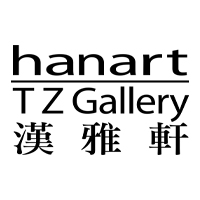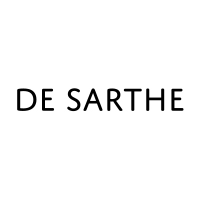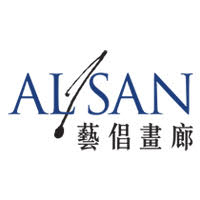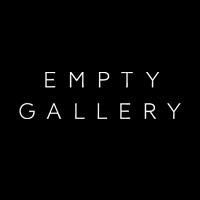Zhang Wei, 1952–2025
By EMILY CHEUNG
.jpg)
Portrait of ZHANG WEI. Courtesy Galerie Krinzinger, Vienna.
On January 16, Zhang Wei, a pioneer of abstract painting in China, passed away at the age of 73.
Zhang is known for his experimental abstractions that reflect the instinctive approach of action painting. Through his dramatic visual vocabulary, emotive colors, and “style-as-substance” technique, his works exude a profoundly modern quality while paying tribute to traditional Chinese ink and calligraphy.
Born in 1952 in Beijing, Zhang began his artistic career as a self-taught illustrator before joining the Wuming (No Name) collective in the 1970s, one of the first underground art groups to self-organize during the Cultural Revolution. In line with the group’s mission to rebel against politically prescribed conventions of realism, Zhang developed a unique style of conceptual landscape painting.
In the early 1980s, Zhang co-hosted an experimental exhibition in his home which paved the way for Chinese Apartment Art—an underground countercultural movement during which artists created and showcased their work at private studios within public residential complexes, to bypass the authorities. In his late 30s, Zhang became inspired by Western abstract expressionism and began to strive for unrestrained self-expression through non-representational form.
After taking part in the 1986–87 landmark touring exhibition “Avant-Garde Chinese Art” in New York state alongside renowned figures such as dissident artist Ai Weiwei, Zhang continued to hold solo shows during his nearly 20-year stay in the US. He has also participated in several exhibitions in Hong Kong, including “Light before Dawn: Unofficial Chinese Art 1974–1985” at the Asia Society Hong Kong Center in 2013, and “M+ Sigg Collection: Four Decades of Chinese Contemporary Art” at ArtisTree in 2016.
Zhang’s work is held in the collections of the Art Institute of Chicago and Hong Kong’s M+.
Emily Cheung is an editorial intern at ArtAsiaPacific.







